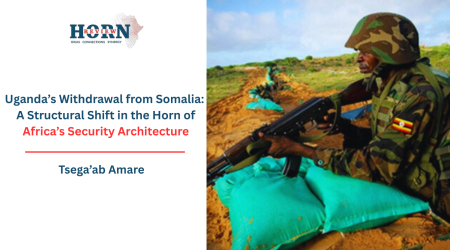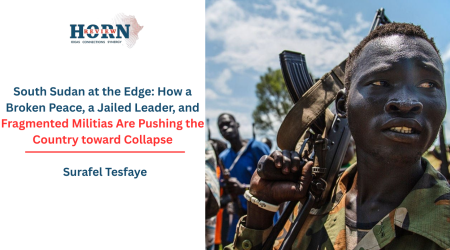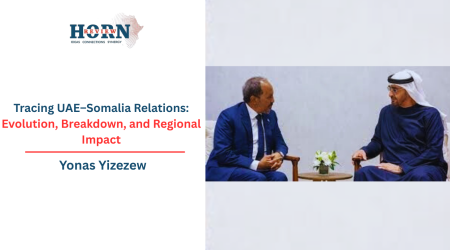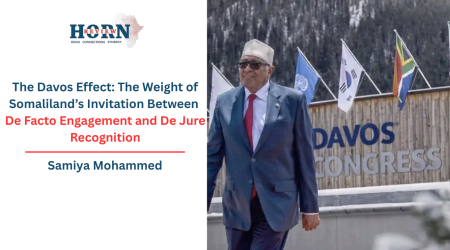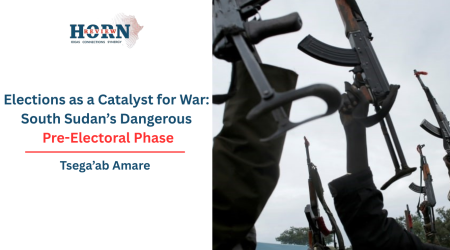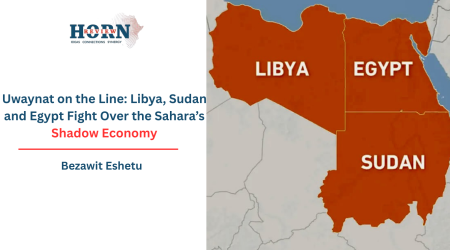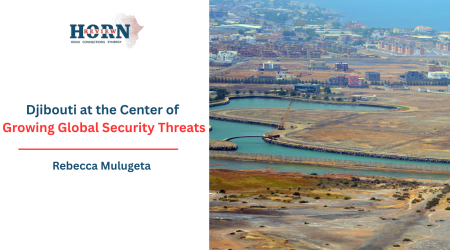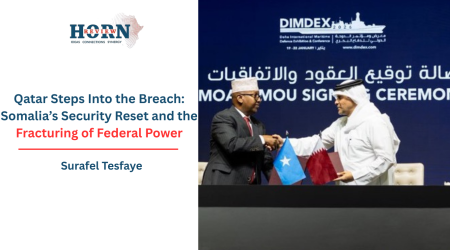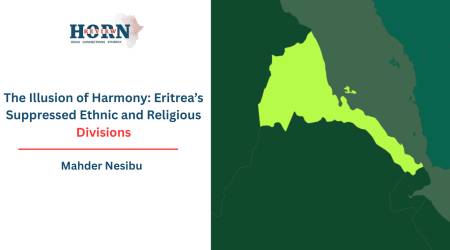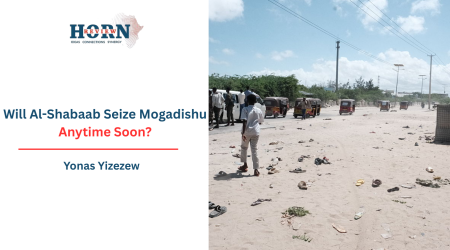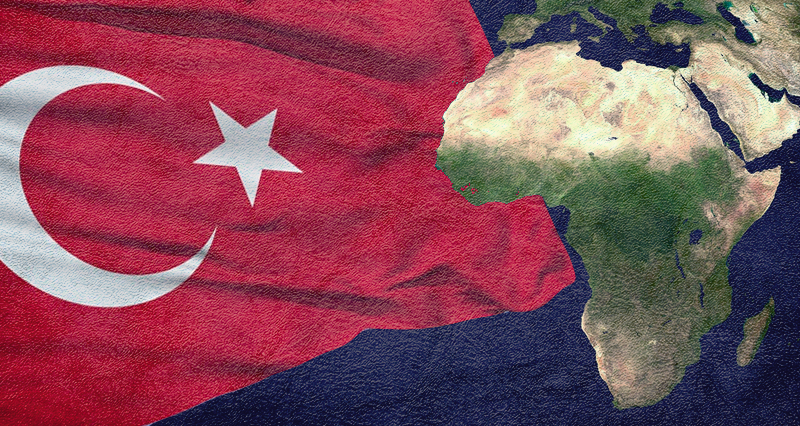
6
Feb
Turkey’s Horn of Africa Strategy: A Blend of Pragmatism and Ambition
Can Turkey’s Balancing Act in the Horn Last?
Ankara’s diplomatic dance in the Horn of Africa is intensifying, with Turkey orchestrating a series of strategic alliances designed to solidify its influence in the volatile region.Beyond its established ties with Somalia, Turkey’s ruling AKP party is forging new partnerships with political powerhouses in both Ethiopia and Djibouti, signaling a calculated move to balance competing interests and establish itself as a key player in regional affairs.
These agreements, focusing on cooperation in areas ranging from governance and security to trade and resource exploration, underscore Turkey’s ambition to project power and secure access in a strategically crucial corner of the continent.
Turkey is deepening its influence in the Horn of Africa by forging close ties with key nations through a series of political agreements. The ruling Justice and Development Party (AKP) is solidifying its relationships with Somalia and Ethiopia, and plans to extend its reach to Djibouti, signalling a concerted effort to play a prominent role in the region.
In Ankara, AKP Deputy Chairman Zafer Sirakaya met with Abdurahman Mohamed Hussein, secretary-general of Somalia’s ruling Union for Peace and Development Party (UPD), to formalize a memorandum of understanding. This agreement paves the way for enhanced bilateral cooperation between the two parties, encompassing joint research initiatives, training programs, consultations, and the exchange of information. The AKP, leveraging its two decades of governance experience, aims to support its Somali ally, fostering collaboration between civil societies and promoting bilateral trade.
A similar accord is slated to be signed in Addis Ababa with Ethiopia’s ruling Prosperity Party (PP). These strategic partnerships reflect Turkey’s commitment to maintaining neutrality in the complex dynamics of the Horn of Africa, where it has previously played a mediating role, particularly in navigating tensions between Ethiopia and Somalia. These tensions were heightened by Ethiopia’s 2024 naval agreement with the self-declared Republic of Somaliland.
A source familiar with the matter revealed that the agreement with Ethiopia, initially planned for last autumn, was strategically postponed to avoid any perception of bias amid the Ethiopia-Somaliland dispute. Turkey’s diplomatic finesse was further demonstrated in December, when it facilitated a crucial memorandum signing in Ankara between Somalia and Ethiopia. This agreement, following intense negotiations, reaffirmed Somalia’s territorial integrity and initiated discussions regarding Ethiopia’s access to the sea via the Somali coast, addressing a key point of contention.
Regional expert Tunc Demirtas, affiliated with the Ankara-based think tank Seta, emphasized Turkey’s careful approach: “What stands out here is that does not take any step in the region without considering Somalia. Somalia is included in every process.” He highlighted Turkey’s “regional perspective” and its commitment to cultivating ties with other nations in the Horn of Africa. Indeed, Sirakaya’s delegation is expected to travel to Djibouti to formalize a similar memorandum of understanding, further expanding Turkey’s sphere of influence.
Turkey’s engagement in the Horn of Africa is multifaceted. President Recep Tayyip Erdogan enjoys a strong rapport with Ethiopian Prime Minister Abiy Ahmed, bolstered by Turkey’s 2021 decision to supply Ethiopia with armed drones, which proved critical in repelling insurgent advances.
Turkey’s relationship with Somalia is even deeper and more enduring. Somalia hosts a substantial Turkish military base in Mogadishu, and Turkish companies manage vital infrastructure, including the city’s port and airport. Amidst the recent tensions with Ethiopia, Somalia further solidified its relationship with Turkey in February through a defence and economic cooperation agreement. This agreement empowers Ankara to build, train, and equips the Somali Navy, safeguards Somalia’s territorial waters, and grants Turkey the right to explore energy resources off the Somali coast.
These strategic political partnerships underscore Turkey’s growing ambition in the Horn of Africa. By cultivating relationships with key regional players, Turkey is positioning itself as a significant force in the region’s political and economic landscape.
Ankara’s strategic engagement in the Horn of Africa is taking on a new dimension, with the ruling Justice and Development Party (AKP) forging deeper ties with both Somalia and Ethiopia through a series of political agreements. This diplomatic balancing act underscores Turkey’s ambition to establish itself as a key player in the region, navigating the complex interplay of political, economic, and security interests.
Turkey’s careful navigation of the delicate relationship between Somalia and Ethiopia is particularly noteworthy. Mindful of regional sensitivities, Ankara strategically delayed the agreement with Ethiopia to avoid the appearance of bias amidst the tensions stemming from the Somaliland naval agreement.
Turkey’s subsequent mediation efforts, culminating in a crucial agreement between Somalia and Ethiopia in Ankara, demonstrate its commitment to regional stability and its growing role as a diplomatic broker. By ensuring Somalia’s inclusion in every step of the process, as noted by regional experts, Turkey has solidified its standing as a trusted partner in Mogadishu.
This strategic approach extends beyond Somalia and Ethiopia. The AKP’s planned agreement with Djibouti underscores Turkey’s ambition to establish a comprehensive network of partnerships across the Horn of Africa. This broader regional vision, combined with President Erdogan’s personal rapport with Ethiopian Prime Minister Abiy Ahmed, facilitated by Turkey’s strategic drone sales, paints a picture of a nation actively cultivating influence through a multifaceted approach.
Turkey’s engagement in the Horn of Africa is not merely political. Its substantial economic investments in Somalia, including operation of key infrastructure, coupled with the recently signed defence and economic cooperation agreement, reveal a clear economic and security agenda. This agreement, granting Turkey rights to explore energy resources off Somalia’s coast, further underscores the strategic importance of the region for Ankara.
Turkey’s deepening ties with Somalia and Ethiopia represent a calculated and sophisticated strategy. By balancing its relationships, actively mediating disputes, and leveraging both soft and hard power, Turkey is carving out a significant role for itself in the Horn of Africa. This diplomatic dance, carefully choreographed and strategically executed, positions Turkey as a rising power in a region ripe with opportunity and geopolitical significance.
By Samiya Mohammed

